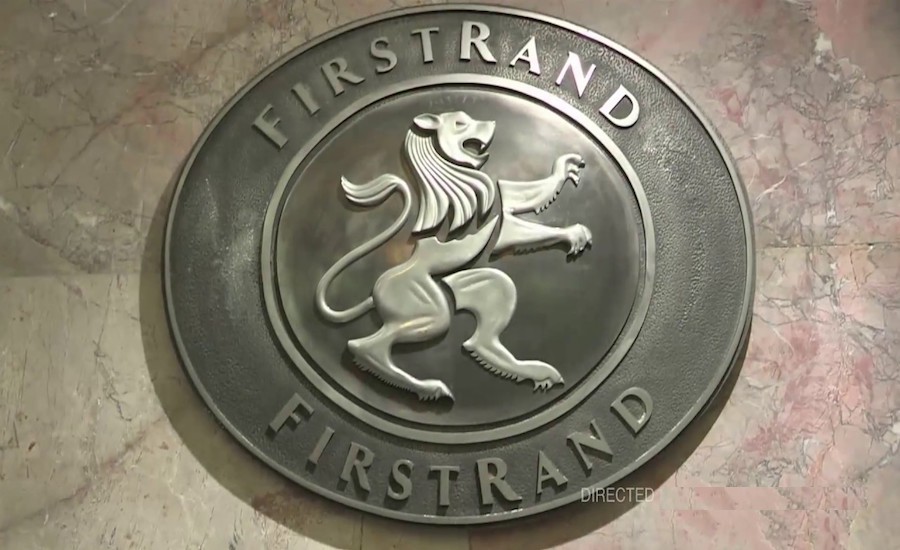
“It is the long-term ambition of FirstRand to be net zero by 2050,” it said in the updated document. The bank will also reduce its short- and medium-term limits on its overall coal exposure, it noted.
“The pathway assumes the end of coal as the core energy source of South Africa between 2042 and 2049”
FirstRand Ltd.
FirstRand, owner of retail lender FNB and Rand Merchant Bank, sees its transition pathway assuming a gradual reduction in coal production and ending use from 2025 to 2030 as Eskom Holdings SOC Ltd. decommissions five of its coal-fired power stations and as global demand for exports of the fuel declines, it said.
“The pathway assumes the end of coal as the core energy source of South Africa between 2042 and 2049,” it said.
Banks across the globe are bowing to pressure from shareholders and lobby groups to avoid coal investments. Australian lenders have recently made headlines with Macquarie Group, Australia and New Zealand Banking Group (ANZ Bank), Commonwealth Bank of Australia and Westpac recently signalling their intention to stop coal financing.
Other South African banks such as Investec Ltd. and Standard Bank Group Ltd. are also pursuing plans that encourage clients to opt for greener technologies.
The growing trend has left miners scrambling to source alternative funds for projects.
Yet, fossil fuel companies are worth $18 trillion in listed equity, making up a quarter of the total value of global equity markets, according to Carbon Tracker’s most recent estimate. They account for $8 trillion in corporate bonds, more than half the non-financial corporate bond market.
Unlisted debt — mostly owed to banks — could be four times greater, reaching almost $32 trillion, the London-based think tank suggests.



